A chemistry researcher who was awarded the Kavli prize in nanoscience earlier this year is threatening to sue a long-standing critic of his work.
Chad Mirkin, who directs the International Institute for Nanotechnology at Northwestern University in Illinois, US, developed nanoflares, a precursor to SmartFlare probes that were designed to detect RNA within living cells. The technology is based on nanostructures known as spherical nucleic acids (SNAs), which feature nucleic acid strands arranged around a nanoparticle core.
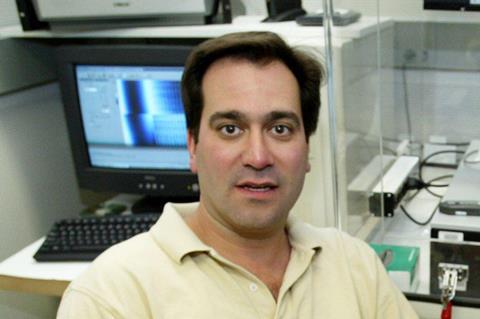
In 2017, Chemistry World reported on a study that brought into question the effectiveness of SmartFlare technology. At the time, Mirkin defended the work, pointing to studies that he claimed had successfully used the tool. However, Merck Millipore, which had commercialised SmartFlares, stopped selling the probes in 2018.
Earlier this year, Raphaël Lévy, a physicist at Sorbonne Paris North University, France, submitted a letter to the Proceedings of the National Academy of Sciences (PNAS) after the journal published a perspective piece on using SNAs as a treatment for glioblastoma, which, he says, misrepresents the track record of Mirkin’s technology.
Lévy also claimed that Mirkin had failed to declare a conflict of interest in the article as last year he set up a company, Flashpoint Therapeutics, to commercialise SNAs. The journal ultimately declined to publish his letter.
Cease and desist
However, according to a report in Retraction Watch, while the letter was under consideration at PNAS, Lévy received a cease and desist letter from Mirkin’s attorney Phillip Zisook.
In the letter, which was published by Retraction Watch alongside its report, Zisook writes: ‘We are putting you on notice that in the event you do not retract the false statements made to PNAS and cease to disseminate further false statements of and concerning Dr Mirkin to any third parties or the public generally, Dr Mirkin will take all appropriate action to obtain relief against you for resulting injuries to his good name and reputation.’
Lévy has said he sees the threat as ‘an extremely serious attack’ on his academic freedom. On his website, Lévy claims to have been called a ‘scientific terrorist’ and ‘scientific zealot’ by Mirkin at a conference in 2018 after raising questions about his research. Mirkin did not reply to Chemistry World’s requests for comment for this story.
Lévy has since published the letter PNAS rejected on the online repository Zenodo and says he has no plans to take it down.
While PNAS has since published a correction to Mirkin’s paper, Lévy has said that the main issues with the paper remain unaddressed.
It is unexpected that Dr Mirkin did not address these concerns but instead jumped on to litigation
Elisabeth Bik, research integrity specialist
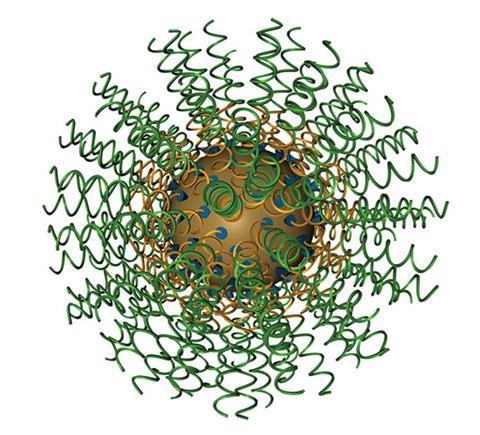
‘Dr Lévy has written at least two critical articles about Dr Mirkin’s papers. Both pieces are critical, but not insulting or defamatory,’ says independent research integrity specialist Elisabeth Bik in San Francisco, California, who herself was at the receiving end of a legal complaint by researchers in France after making critical online comments about their work. Earlier this year, French officials concluded that Bik had no case to answer over the allegations of blackmail and extortion.
‘Lévy points out that a critical step … in the presumed mode-of-entry into the cell has not been shown, and that several later studies appear to show that most SNAs remain trapped in the endosomes. This seems a valid concern, and it is unexpected that Dr Mirkin did not address these concerns but instead jumped on to litigation,’ Bik says.
‘Scientists should be open to other scientists pointing out weaknesses in their studies. Such critiques should be resolved by discussion and perhaps additional experiments,’ she adds. ‘Scientific discussions should not be held in the courtroom.’

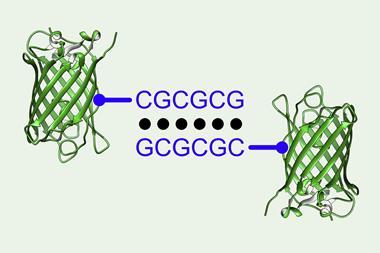
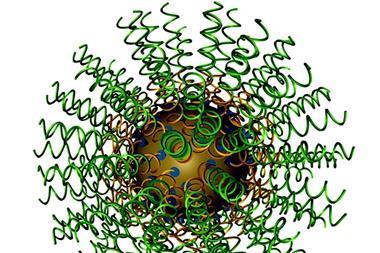
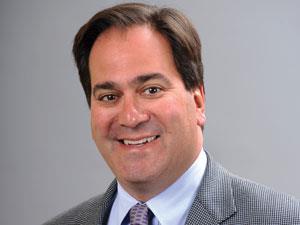








No comments yet